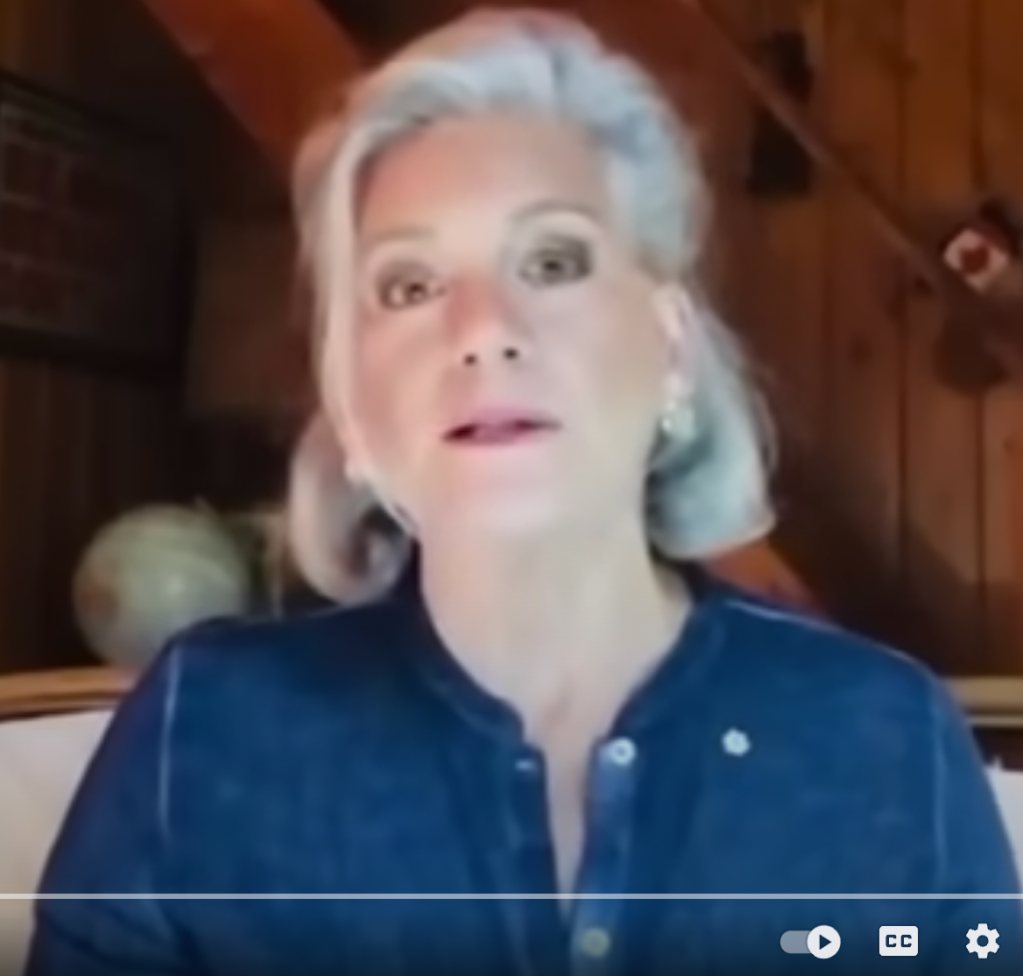
Lisa LaFlamme, CTV News, and Bad Executive Decisions
There will be no bittersweet on-air goodbye for (now former) CTV countrywide information anchor Lisa LaFlamme, no ceremonial passing of the baton to the up coming generation, no broadcast retrospectives lionizing a journalist with a storied and award-successful occupation. As LaFlamme declared yesterday, CTV’s mother or father firm, Bell Media, has decided to unilaterally conclude her deal. (See also the CBC’s reporting of the story below.)
Even though LaFlamme herself does not make this declare, there was of class instant speculation that the network’s choice has anything to do with the fact that LaFlamme is a lady of a specific age. LaFlamme is 58, which by Tv benchmarks is not exactly young — except when you look at it to the age at which preferred men who proceeded her have left their respective anchor’s chairs: look at Peter Mansbridge (who was 69), and Lloyd Robertson (who was 77).
But an even more sinister concept is now afoot: instead than mere, shallow misogyny, evidence has arisen of not just sexism, but sexism conjoined with corporate interference in newscasting. Two evils for the selling price of just one! LaFlamme was fired, states journalist Jesse Brown, “because she pushed back again against one particular Bell Media executive.” Brown reports insiders as saying that Michael Melling, vice president of information at Bell Media, has bumped heads with LaFlamme a variety of times, and has a record of interfering with information coverage. Brown further reports that “Melling has regularly shown a lack of respect for women in senior roles in the newsroom.”
Useless to say, even if a personalized grudge as well as sexism explain what’s likely on, right here, it however will look to most as a “foolish determination,” 1 sure to cause the company headaches. Now, I make it a policy not to problem the business savvy of seasoned executives in industries I do not know effectively. And I recommend my students not to leap to the summary that “that was a dumb decision” just for the reason that it is one they do not have an understanding of. But still, in 2022, it is challenging to envision that the firm (or Melling additional precisely) didn’t see that there would be blowback in this case. It’s 1 issue to have disagreements, but it’s another to unceremoniously dump a beloved and award-winning woman anchor. And it’s bizarre that a senior govt at a information corporation would believe that the truth of the matter would not occur out, provided that, after all, he’s surrounded by men and women whose task, and personal dedication, is to report the information.
And it’s challenging not to suspect that this a much less than pleased changeover for LaFlamme’s alternative, Omar Sachedina. Of course, I’m positive he’s happy to get the task. But although Bell Media’s press launch estimates Sachedina stating graceful things about LaFlamme, certainly he did not want to assume the anchor chair amidst widespread criticism of the changeover. He’s having on the job underneath a shadow. Most likely the prize is worth the value, but it’s also tricky not to picture that Sachedina experienced (or now has) some pull, some skill to influence that way of the changeover. I’m not declaring (as some surely will) that — as an insider who is familiar with the authentic story — he should really have declined the task as unwell-gotten gains. But at the really minimum, it appears honest to argue that he ought to have employed his influence to form the changeover. And if the now-senior anchor does not have that sort of influence, we really should be apprehensive in fact about the independence of that position, and of that newsroom.
A last, relevant notice about authority and governance in complex organizations. In any moderately effectively-ruled group, the conclusion to axe a key, public-dealing with expertise like LaFlamme would require indicator-off — or at least tacit acceptance — from a lot more than just one senior government. This suggests that a single of two factors is genuine. Either Bell Media isn’t that type of nicely-governed corporation, or a significant selection of individuals had been involved in, and culpable of, unceremoniously dumping an award-winning journalist. Which is worse?

